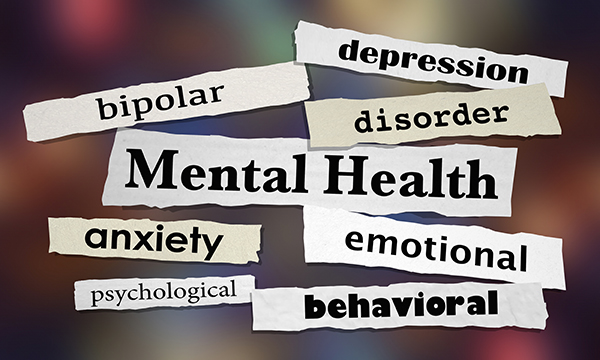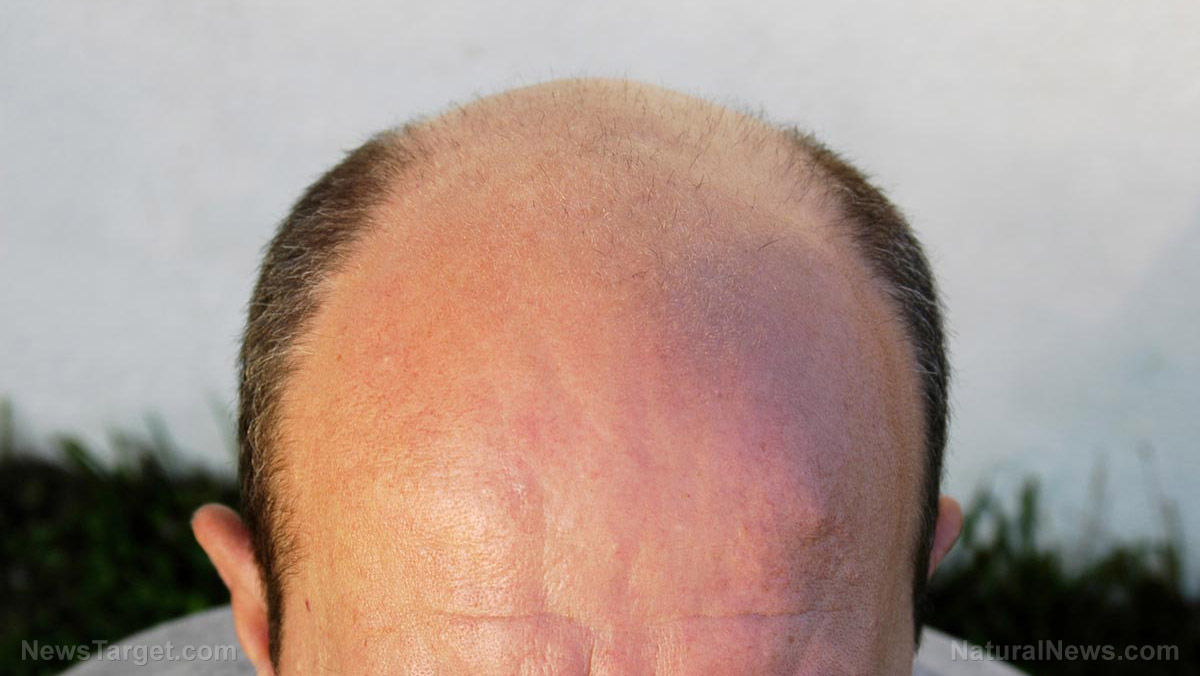Trump and RFK Jr. address the REAL causes of AUTISM and a new drug that may help reverse the disorder
09/24/2025 / By S.D. Wells

The Food and Drug Administration (FDA) is preparing to approve leucovorin, a drug already used in cancer and anemia treatment, for children with cerebral folate deficiency who also present symptoms of autism. This development, announced Monday at a high-profile press conference, marks the first time leucovorin—also known as folinic acid—will gain an official FDA label for autism-related use. The move carries significant policy weight, as states will be required to cover the drug under Medicaid and the Children’s Health Insurance Program (CHIP) once the label change is finalized.
- FDA Approval of Leucovorin for Autism: The Trump administration announced the FDA will approve leucovorin (folinic acid) to treat children with cerebral folate deficiency and autism symptoms, requiring states to cover the drug under Medicaid and CHIP.
- Public Health Guidance: President Trump and HHS Secretary Robert F. Kennedy Jr. advised pregnant women to avoid acetaminophen (Tylenol) unless necessary, citing possible autism links, and reiterated existing warnings against NSAIDs during pregnancy.
- Vaccine and Autism Controversy: Trump called for spacing out childhood vaccines and separating the MMR shot into individual doses, a position likely to spark major pushback from medical experts.
- New Autism Research Initiative: Secretary Kennedy announced federally funded studies to identify environmental toxins contributing to autism, citing CDC data showing autism now affects 1 in 31 children.
Trump FDA Set to Approve New Drug for Autism in Medicaid-Covered Kids
FDA Commissioner Marty Makary, National Institutes for Health (NIH) Director Jay Bhattacharya, and Centers for Medicare and Medicaid Services (CMS) Administrator Mehmet Oz outlined the scientific rationale. They pointed to studies indicating that children with folate deficiencies may benefit from leucovorin, especially in improving verbal communication. President Donald J. Trump, Health and Human Services (HHS) Secretary Robert F. Kennedy Jr., and other officials emphasized the breakthrough’s potential to improve treatment options for families navigating autism spectrum disorders.
The press conference also touched on broader public health themes. Trump and Kennedy urged caution around the use of acetaminophen (Tylenol) during pregnancy and infancy, citing research that suggests possible links to autism. They noted that other painkillers, such as ibuprofen and naproxen, are already discouraged in pregnancy due to established risks of birth defects. While these remarks drew attention, they are expected to spark debate within the medical community, where evidence remains contested.
The most controversial comments came from President Trump regarding childhood vaccinations. He argued that vaccines should be spaced out more and highlighted concerns with the combined measles, mumps, and rubella (MMR) vaccine, suggesting it should be administered in separate shots. This position is likely to reignite longstanding controversies around vaccines and autism, a debate that mainstream scientific bodies—including the CDC, NIH, and World Health Organization—have consistently stated lacks credible evidence.
Beyond drug approval, the administration is signaling a broader shift in autism policy. HHS Secretary Robert F. Kennedy Jr. announced a series of new federally backed studies designed to pinpoint environmental toxins that may be contributing to the rising prevalence of autism. His remarks came in response to recent CDC figures showing the autism rate has climbed to one in 31 children, up dramatically from one in 10,000 in 1970. Kennedy argued that only a small portion of this increase can be attributed to improved diagnostics, calling the rise “catastrophic for our country.” He pledged that the studies would be conducted in a “thorough and comprehensive” way.
The policy implications are substantial. By requiring Medicaid coverage of leucovorin, the FDA decision ensures widespread access for lower-income families. At the same time, Kennedy’s push for environmental research could reshape future public health guidance, though his controversial views on vaccines may complicate scientific and political reception.
Taken together, the announcements underscore the Trump administration’s attempt to position itself as proactive on autism, blending medical innovation with populist skepticism of established pharmaceutical and public health norms. With the 2024 general election approaching, the initiatives also carry clear political overtones, especially as Trump courts support among women and college-educated voters.
Tune your internet dial to NaturalMedicine.news for more tips on how to use natural remedies for preventative medicine and for healing, instead of succumbing to Big Pharma products that cause, spread, and exacerbate disease and disorder, including autism and dementia.
Sources for this article include:
Submit a correction >>
Tagged Under:
. vaccines, autism, autism drug, Birth defects, fda drug, Tylenol, vaccine damage, vaccine injury, vaccine research, vaccine skeptic
This article may contain statements that reflect the opinion of the author





















